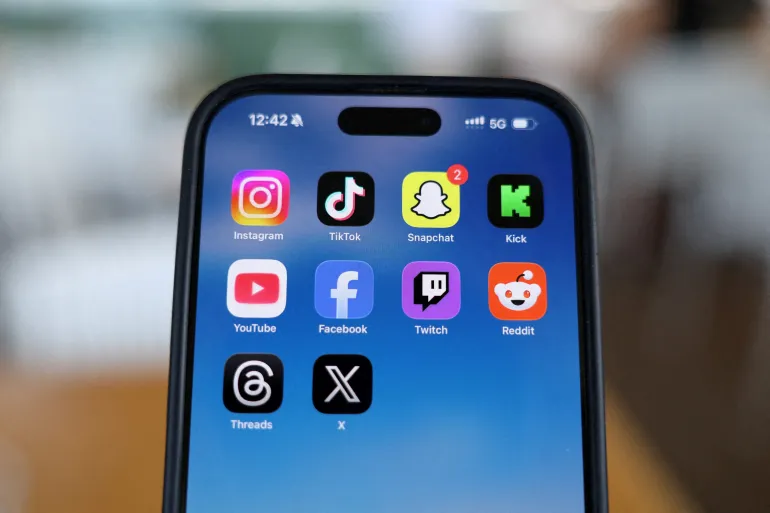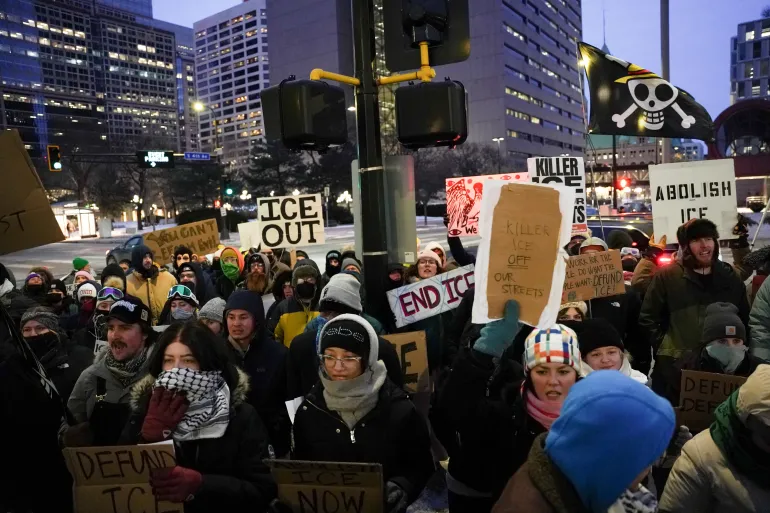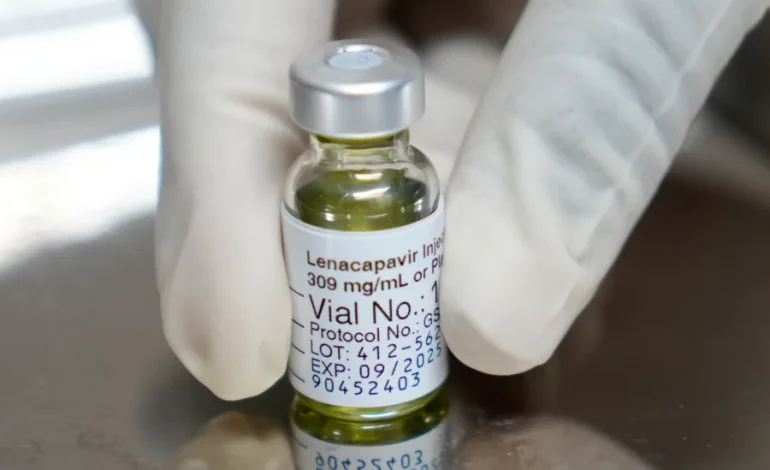The US is stepping back into the global HIV fight with a big buy: enough doses of lenacapvir, a twice-a-year HIV prevention shot, to cover up to 2 million people by 2028. The State Department said Thursday the doses will be procured through PEPFAR and rolled out with help from national governments and the Global Fund, prioritizing pregnant and breastfeeding women to curb mother-to-child transmission.
Lenacapvir is long-acting PrEP: two injections a year that protect against HIV. In large trials among high-risk groups, the shot nearly eliminated new infections, tackling the biggest PrEP problem—adherence to daily pills. It’s already approved in the US and Europe.
Drugmaker Gilead Sciences will sell the PEPFAR/Global Fund supply at cost, with no profit, and has licensed six generic manufacturers to produce cheaper versions for low- and middle-income countries. Until those generics arrive (likely 2027), this purchase is the bridge.
Who pays and who benefits?
- Buyer: The US, via PEPFAR (no price tag disclosed).
- Supplier: Gilead, at cost; generics queued up for later.
- Partners: Recipient governments and the Global Fund.
- Focus first: Pregnant and breastfeeding women. Officials say other high-risk groups could follow, but details are still thin.
Globally, about 1.3 million people are newly infected with HIV each year, and nearly 40 million live with the virus. In the US, new infections hover around 30,000 annually.
The announcement lands after earlier foreign-aid cuts disrupted HIV services in several countries. Advocates welcomed the move as a market-shaping signal that could save hundreds of thousands of lives—but flagged some gaps:
Critics say the initial focus overlooks LGBTQ+ communities, among the highest-risk groups in many countries. The administration says no NGOs will implement the rollout—shifting responsibility to national systems. Some public-health groups warn sidelining NGOs could blunt reach and speed, since those organizations run many frontline clinics.
The State Department hasn’t named the recipient countries. Analysts say South Africa, with the world’s largest HIV burden, is a must-include if the goal is true market impact.
Estimates peg at-cost pricing around $100 per person per year—more than double typical oral PrEP—until generics arrive. Still, long-acting shots can be easier to scale when clinic visits are reliable but daily adherence isn’t.
Expect a fast-tracked playbook:
- Regulatory approvals in recipient countries (WHO and FDA already cleared the drug).
- Country rollout plans via PEPFAR and the Global Fund, with initial doses potentially landing later this year or early next.
- Generic ramp-up targeted for 2027 to take costs down further.
Public-health leaders are framing this as a pivotal chance to bend the curve. As Global Fund chief Peter Sands put it: reducing new infections now means countries can shoulder fewer decades-long treatment costs later. And clinicians on the ground, like Dr. Linda-Gail Bekker in South Africa, say systems are ready:
“We have sites and staff. It’s doable—and urgent.”
With input from NPR, the Associated Press, the Washington Post, and US Department of State.










The latest news in your social feeds
Subscribe to our social media platforms to stay tuned